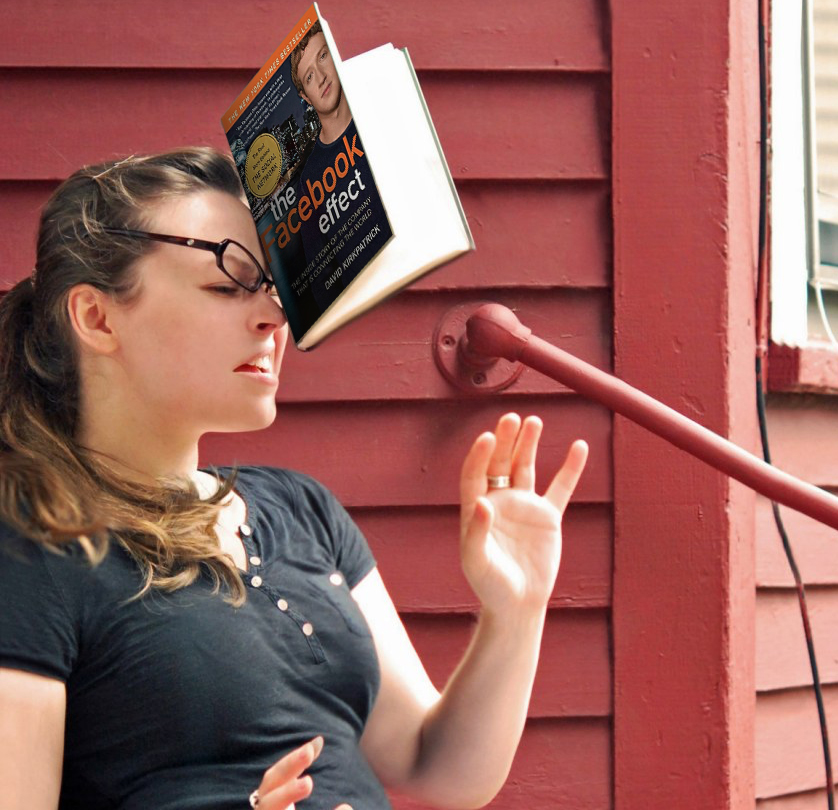 As Dillon Baker noted in Contently last year, Facebook has altered radically in its short history.
As Dillon Baker noted in Contently last year, Facebook has altered radically in its short history.
“Twelve years ago, Facebook started out as a place for people to post about themselves,” Baker wrote at the time. “But lately, the platform looks more like a giant digital store where brands buy our attention.”
Dillon cites a Bloomberg article that notes that, as of mid-2015, personal sharing was dropping enough (up to 21% by some sources) that in-house staff meetings focused on how to get people to share more. Their “On This Day” feature was one of the initiatives designed to help spur more sharing.
Did it work? Not by the numbers. According to more recent data, Facebook users posted a third less content in 2016 than the year before. There was a tick up in the sharing data when FB weighted videos and user postings higher up the algorithm. Plus the political turmoil on the social channel spurred a ton of chatter. But personal sharing is still way down.
“The average Facebook user is less personally engaged with the platform than the year before – this context crisis is not new but it does not appear to be getting better either,” writes Paul Armstrong in Forbes, citing research from Mavrck.
“The research seems to point to a world where less ads are better for Facebook and yet Marketers cannot spend enough on the platform,” Armstrong continues. “There may be trouble ahead – especially if Facebook continues to max out of spaces to put ads.”
Interestingly, time spent engaged with the platform doesn’t seem to be down…just personal sharing. Dillon has a theory about that.
“Facebook’s data collection from personal sharing is a huge part of why its ad network has been so successful. Collapsing identities was something Zuckerberg once blatantly promoted as a positive part of the Facebook experience: ‘You have one identity; the days of you having a different image for your work friends or your co-workers and for the people you know are probably coming to an end pretty quickly.’”
“The precipitous fall of personal sharing hints that Zuckerberg was wrong, as does the rise in chat apps for personal communication and sharing,” Dillon continues. With the 83 million fake accounts and increasingly savvy spammers, FB is no longer a closed network you can trust (if it really ever was.)
From personal experience, I know many people who backed away from FB during the election process, when just about anything you post could be attacked by one side or the other. Disgust with fake news and the general animosity online turned off a lot of people.
Is Facebook going away? Not likely, but social seems a bit off these days. The real question is how is the game changing now that it’s less about connecting and more about sales pitches?
For marketers, it might be time to rethink all those digital dollars going to FB. I know we’ve never regretted our decision to back away.
